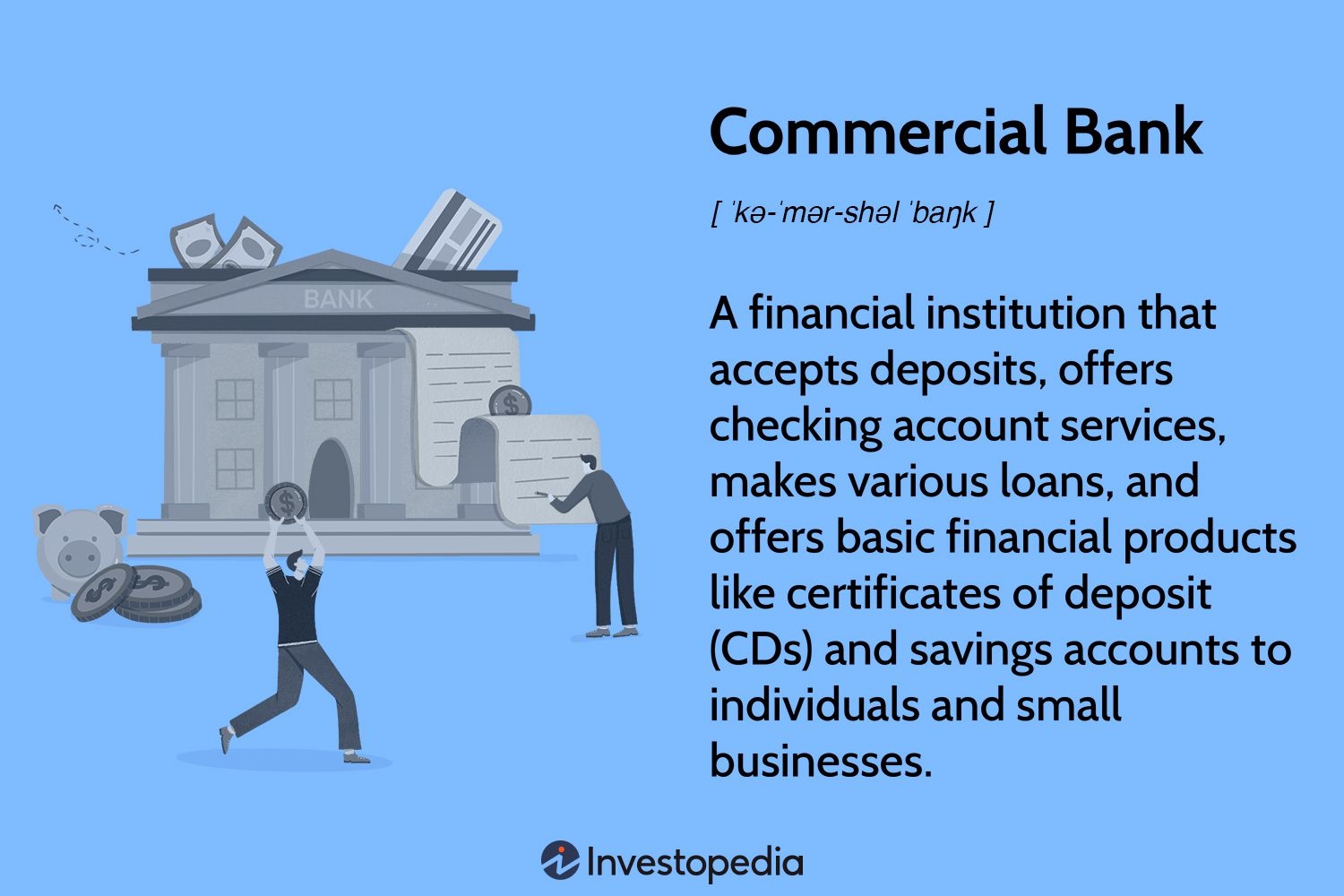Understanding NYC’s Financial Regulations
New York City, a bustling metropolis known for its iconic landmarks and vibrant culture, is also a hub of financial activity. For tourists, navigating the financial landscape of NYC can be daunting. However, the city’s financial regulations are designed to protect visitors and ensure a safe and enjoyable experience. This guide will help you understand how these regulations work to safeguard tourists.
Consumer Protection Laws
New York City has stringent consumer protection laws that are particularly beneficial for tourists. These laws are enforced by the Department of Consumer and Worker Protection (DCWP), which ensures that businesses operate fairly and transparently. For tourists, this means that when you shop, dine, or use services in NYC, you are protected against fraudulent practices and overcharging. For instance, all prices must be clearly displayed, and any additional fees must be disclosed upfront. If you encounter any issues, you can file a complaint with the DCWP, which actively investigates and resolves consumer grievances.
Currency Exchange and Payment Security
Tourists often need to exchange currency or use credit cards while traveling. NYC’s financial regulations ensure that currency exchange services are licensed and operate under strict guidelines to prevent scams. When exchanging money, always use reputable services, such as banks or licensed currency exchange kiosks, to avoid being shortchanged. Additionally, NYC has robust measures in place to protect against credit card fraud. Most businesses use secure payment systems, and tourists are encouraged to use credit cards over cash for added security. If you suspect any fraudulent activity, contact your bank immediately and report it to local authorities.
Hotel and Accommodation Regulations
Staying in NYC can be expensive, but financial regulations help ensure that tourists get what they pay for. Hotels and accommodations are required to adhere to specific standards, including transparent pricing and clear cancellation policies. Before booking, check for any hidden fees, such as resort fees or service charges, which must be disclosed by law. Additionally, platforms like Airbnb are regulated to ensure that hosts comply with local laws, providing tourists with safe and legitimate lodging options. If you face any issues with your accommodation, you can seek assistance from the NYC Office of Special Enforcement, which handles complaints related to short-term rentals.
